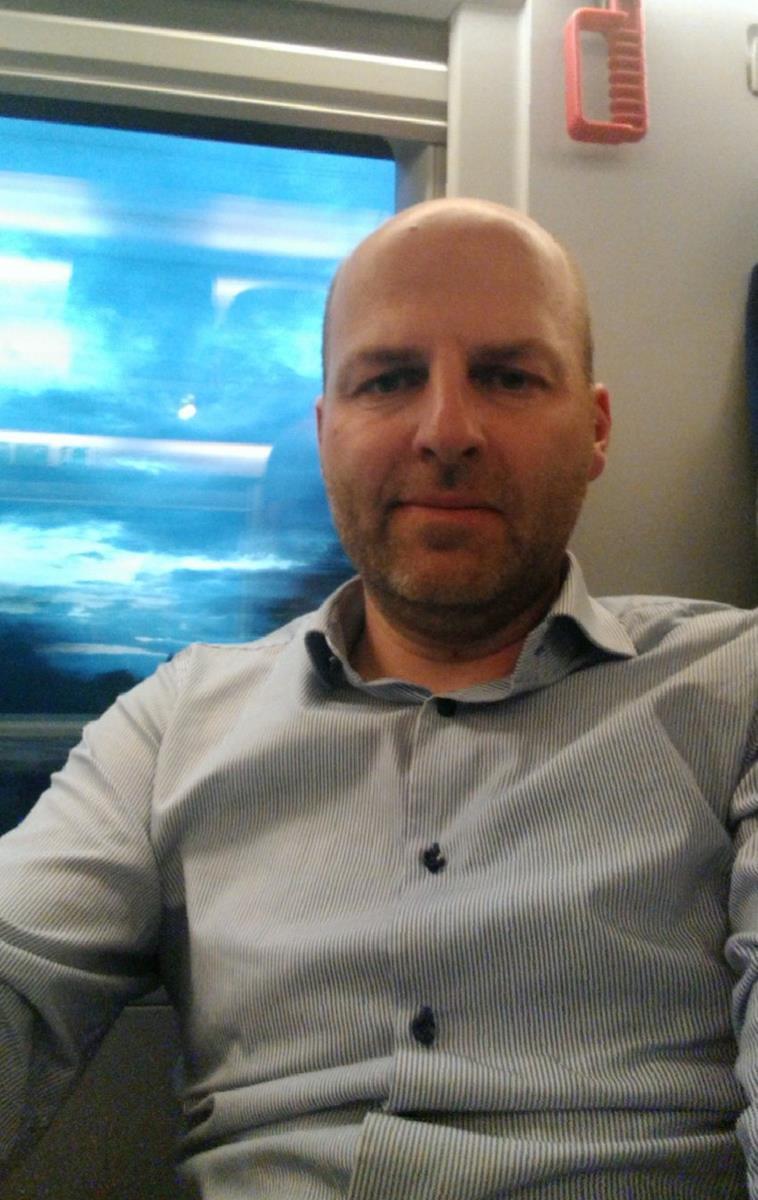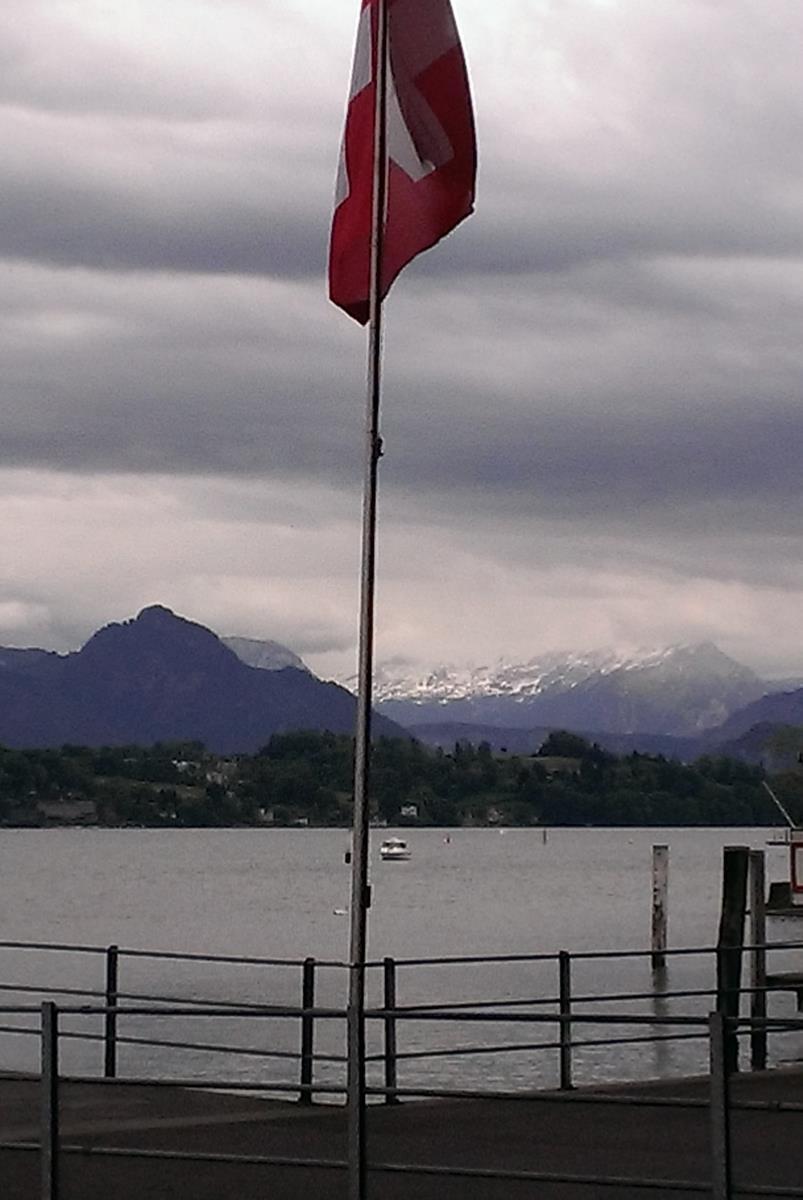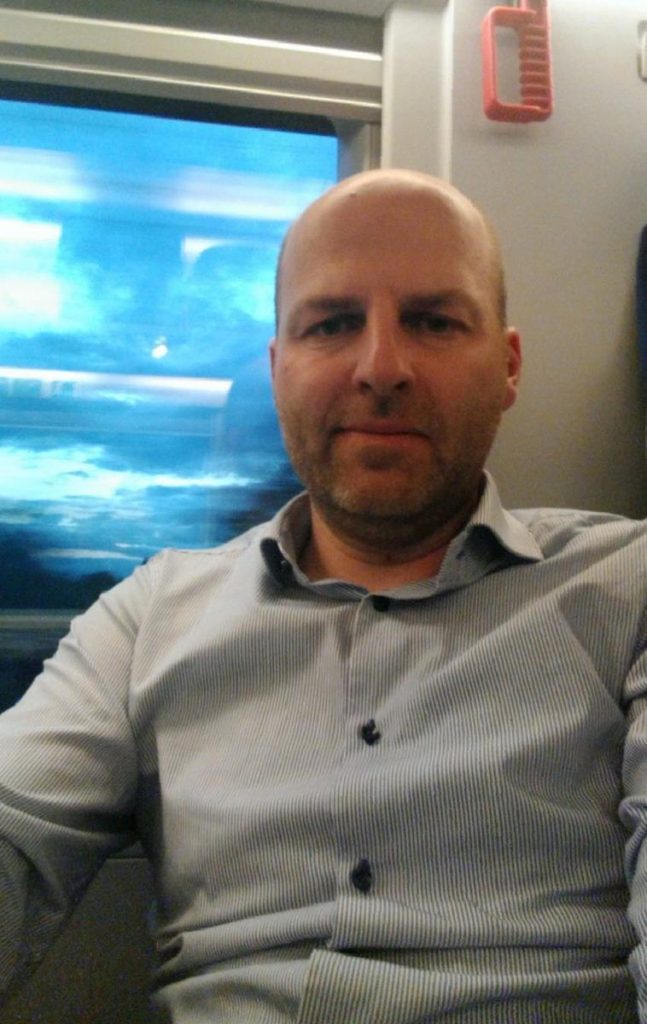“Switzerland sets up a Ministry of Happiness, and classes in schools teach happiness. The Swiss development agency Fastenopfer internally compensates its CO2-emissions and tries to lower them with 90% by 2050, as urgently advised by the World Climate Council since the effects of runaway climate change strikes hard against the poor and ultimately threatens all.”
“Resource use sinking – detox ongoing: all the ballast that keeps us from reaching happiness is gotten rid of. Shopping is replaced by sharing, as we choose to multiply the joy of sharing rather than buying new things.”
What does this have to do with development policy? Is any of it true? What are you on about? Well, few of the headlines above are yet to come true, but thoughts like these are needed to answer questions on how we can and want to live in the future.
The headlines come from when CIDSE’s member organisation Fastenopfer gave all employees from all their departments the space for finding new strategies. It was a good decision for me to travel from Brussels to Switzerland and join their day of stocktaking and new ideas.

Long journeys give time for thought
Now as the high-speed train crosses the border back to Germany another day begins with me as guest of the German development agency Misereor. Also there they are looking for new direction, new ideas. We owe it to our partners, the excluded, the poor, also to those who donate, give and volunteer we owe it to always look for ways to give all people a chance to a life in dignity, justice, happiness and wellbeing. In short, it is about making the effects of our work greater.
A Paradigm Shift
As Catholic development agencies we want to contribute to a paradigm shift that replaces the current model of a growth- and consumption-oriented prosperity that needs continuous supply of fossil fuels and CO2-emissions. We want a new kind of development policy as well, to move away from paternalistic aid towards partnership and cooperation at eye level. As we realize that the model of affluence in the industrialized countries isn’t sustainable we wish to open up for new ideas and learn from the South rather than dictate a direction for their development, which should anyway rather be an increase in rights, justice and sustainability.

With a view like this, who wouldn’t be happy?
Happiness as a demand
In order to accomplish this we work on concepts of transformational advocacy. We want to do what leads to change and avoid what supports models in which we humans cause climate change, speculate with land and nutrition, cause financial crises, deepen inequalities and which globally lead to social conflict. This change in perspective will change both our strategies and our demands. Our demand doesn’t have to be a “Ministry of Happiness”, but why shouldn’t it be? Happiness can be seen as a form of prosperity that meets the most urgent needs and does not cost others anything. It is a form of prosperity that accepts planetary boundaries and gives us freedom to live within those borders. We do not want to tell others how to live, however, there are and must be limits to excess that ensure the survival and well-being of others.
I will also in the future use this blog space to outline how we at CIDSE approach these challenges, trying to write during my travels and use it as a space for reflections. Thank you for reading, and please check back soon!
Bernd Nilles

